

Sounds good philosophically, but I can’t help but feel like it could turn into a dystopia.
Who will be in charge of defining what is to be considered true, and what should be known by the accused? Who will be able to challenge this truth giver?
How do you make the difference between false information out of ignorance and willfully misleading information?
Out of fear, will every politician, even honest ones, be forced to introduce their speech with some precautionary standard phrase like “This is fully based on assumptions and the truth of those statements cannot be guaranteed” like people say “I am not a lawyer”, eventually putting every political intention on an equal level of uncertainty? (That’s standard troll farm goal)
I believe this job currently belongs to journalism, although we know how imperfect that is, will a law and a Justice system do better?





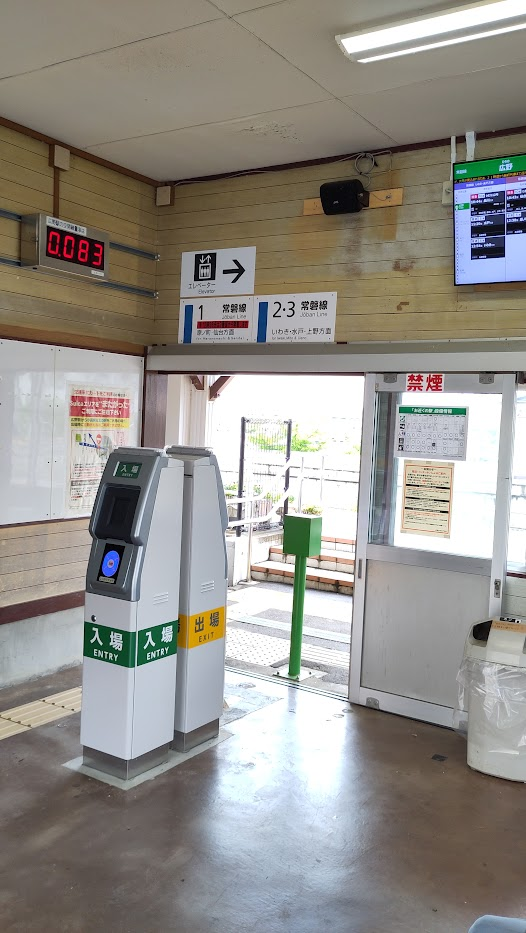
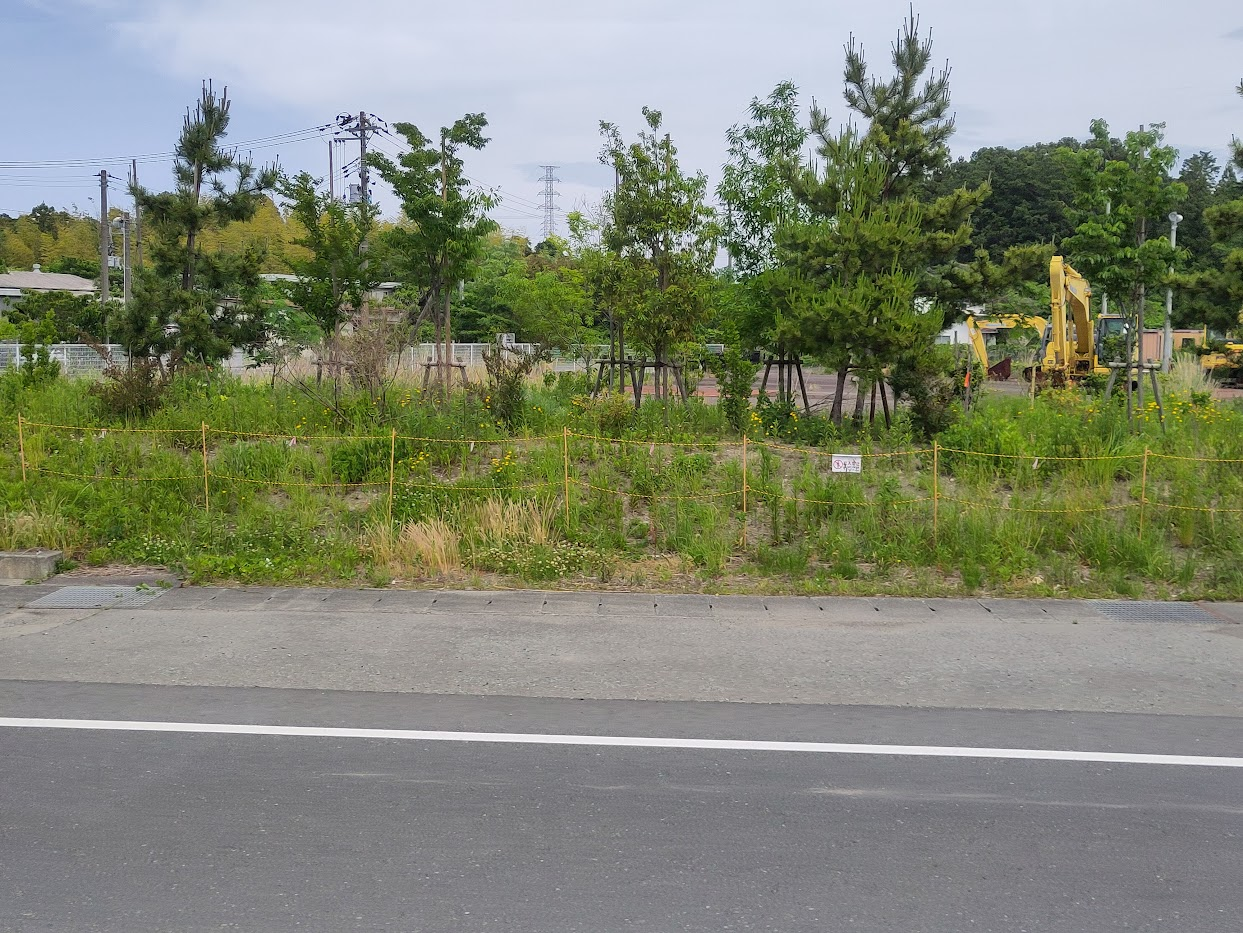
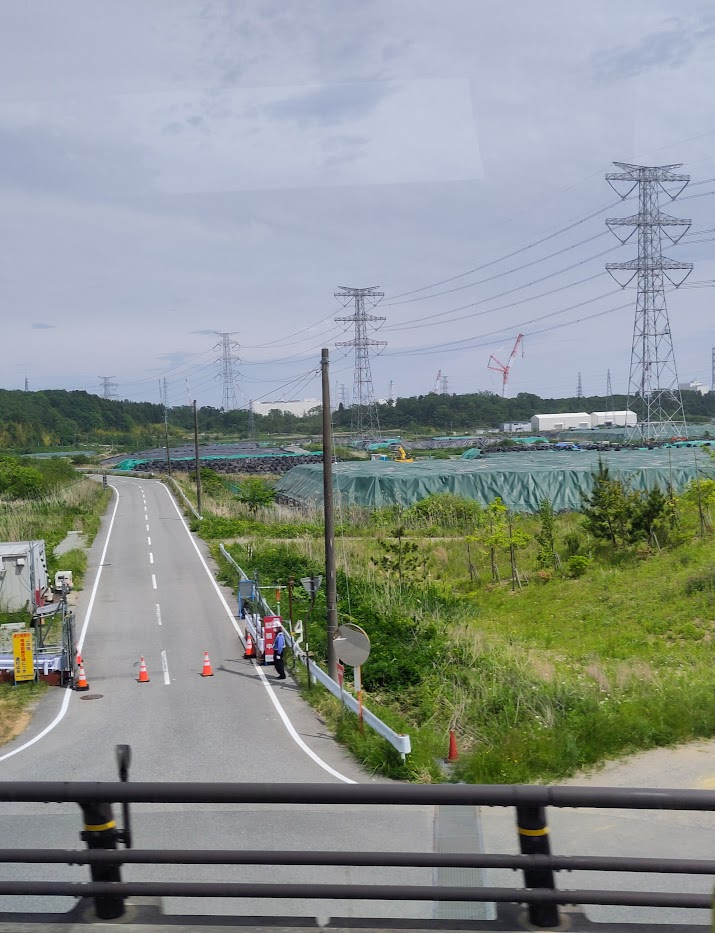
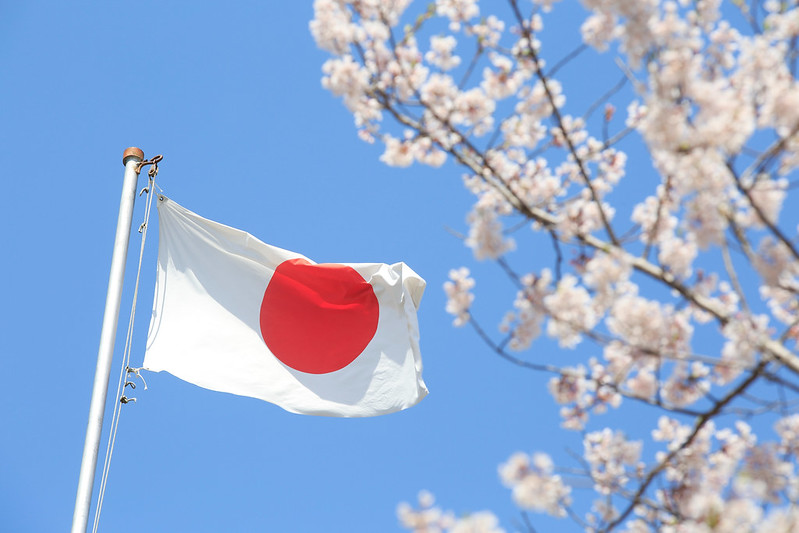


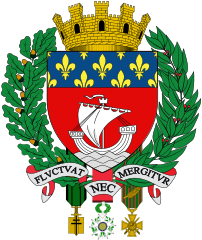



No, it’s Becky.